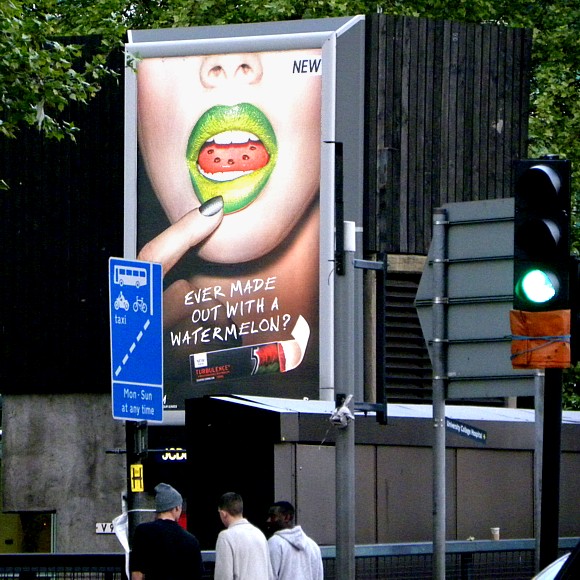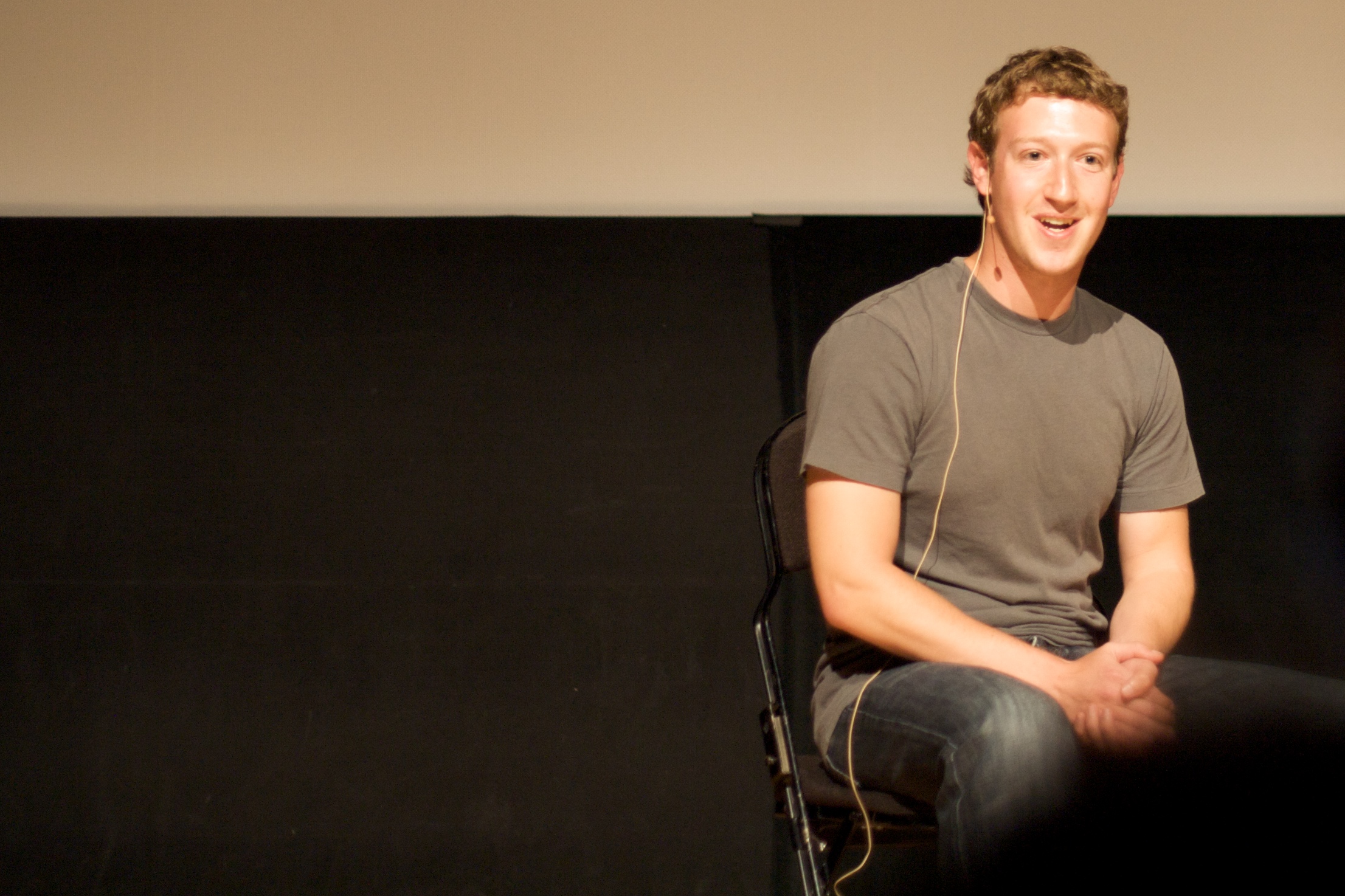President Obama’s recently trip to Cuba has opened the door for US based internet companies to do business with the island.
Obama’s visit is the first by a US president since the communist revolution of 1959. Since 1962, the US has imposed trade and travel restrictions that have kept US based companies out of Cuba. But since 2008, the Bush and Obama administrations have overseen a slow return to diplomatic relations with Cuba. Now that there is more communication between the two countries, industry experts are concerned about a virtual land grab by companies like Google and Airbnb.
During the President’s visit to Cuba, he announced that Google would be expanding wi-fi in Cuba. Other companies like Airbnb and Bookings.com are also looking to take advantage of the thawing climate between the US and Cuba. These US companies are attracted to Cuba’s lucrative tourism industry, and are quickly trying to claim their stake in this new market. The time is ripe for these technology companies to take advantage of the coming opportunities.
Cubans have limited access to the internet. Only about 25 percent of the population is currently online and only a little over 12 percent of the households have a computer at home. This is expected to shift as Google provides more wi-fi and broadband access across the country.
Airbnb has been operating for about a year already, allowing Americans to book accomodations in Cuba. Although technically travel to Cuba has been illegal except under special circumstances, 161,000 Americans were among the 3.5 million tourists from all over the world who visited Cuba last year. Commercial flights are expected to resume in the fall, giving way to a larger market for sites like Bookings.com. In the coming weeks, its parent company Priceline will begin allowing US customers to book vacations in Havana and plans to sign deals with existing hotels and tourism countries.
Article via Cnet, 21 March 2016
Photo: Press conference, Havana by IIP Photo Archive [Creative Commons Attribution-NonCommercial-NoDerivs]







